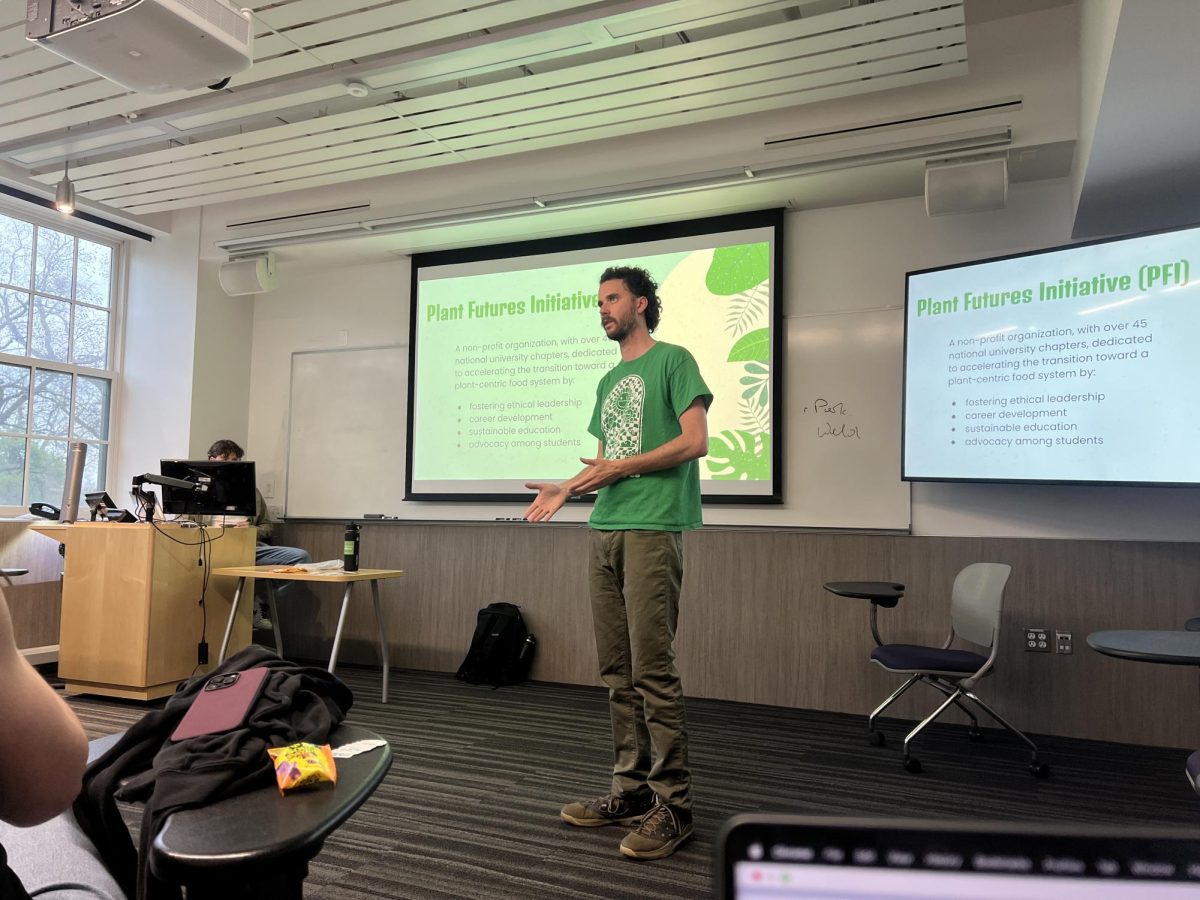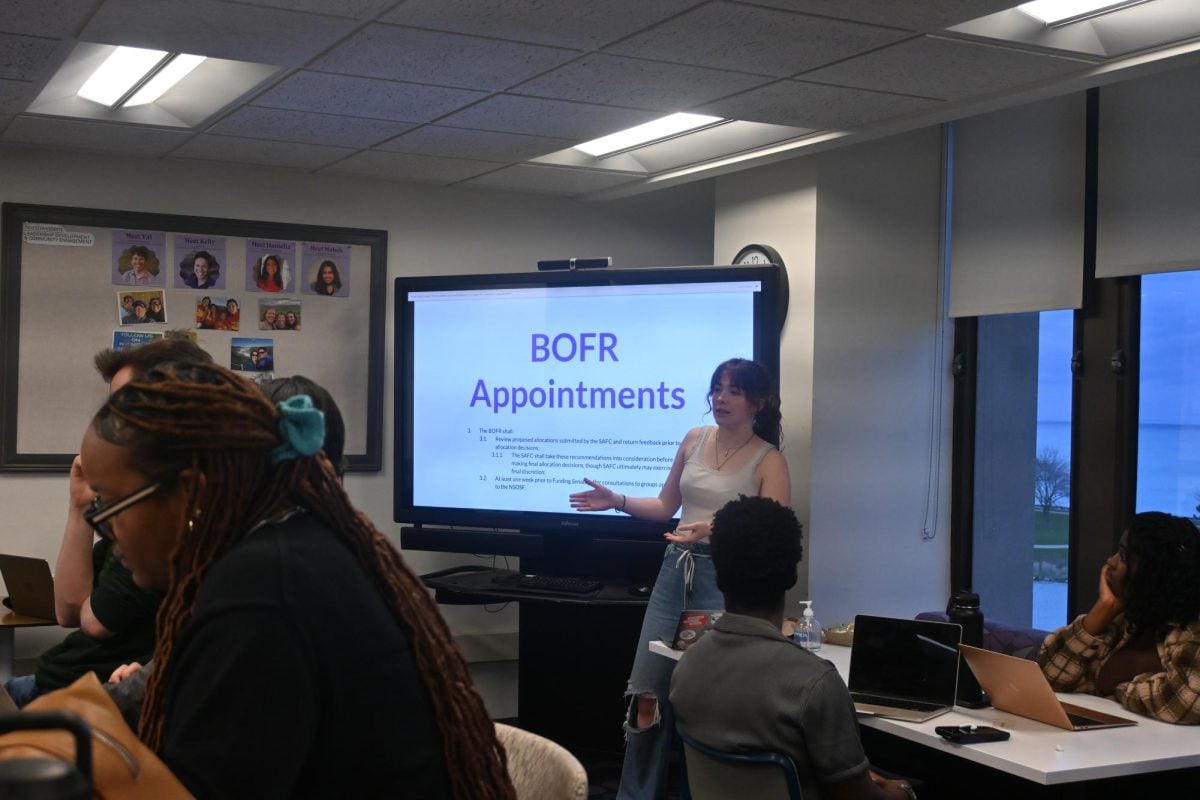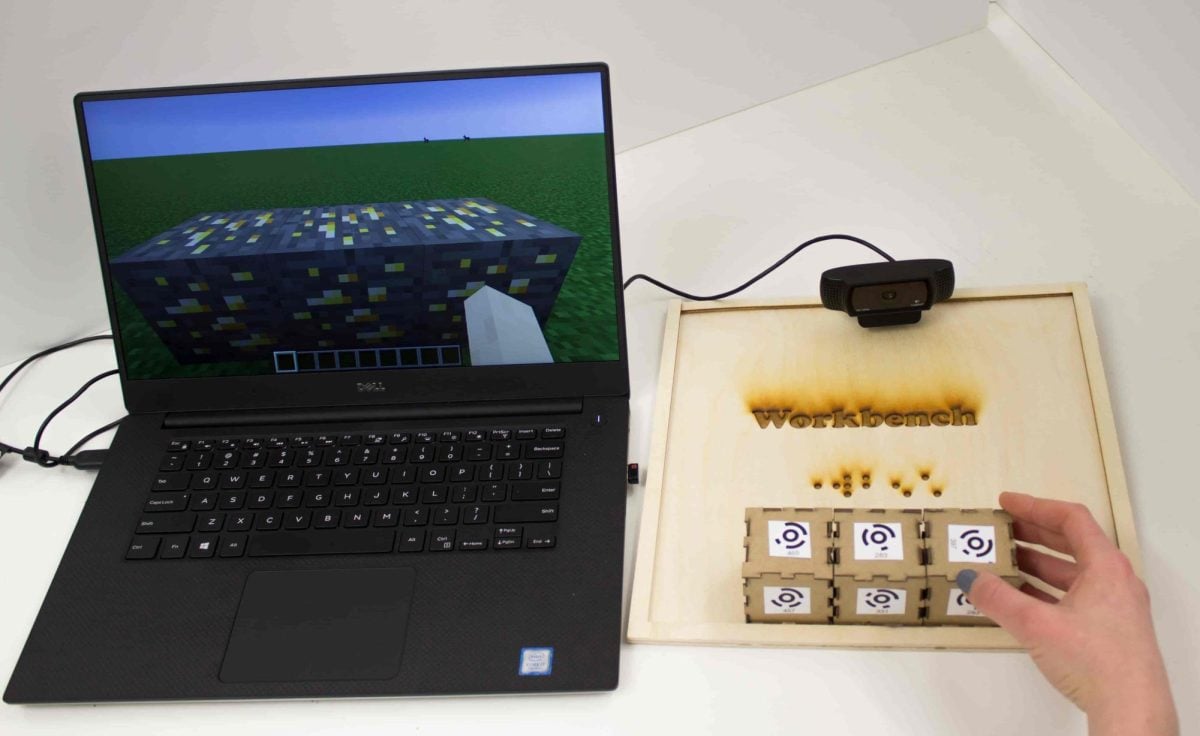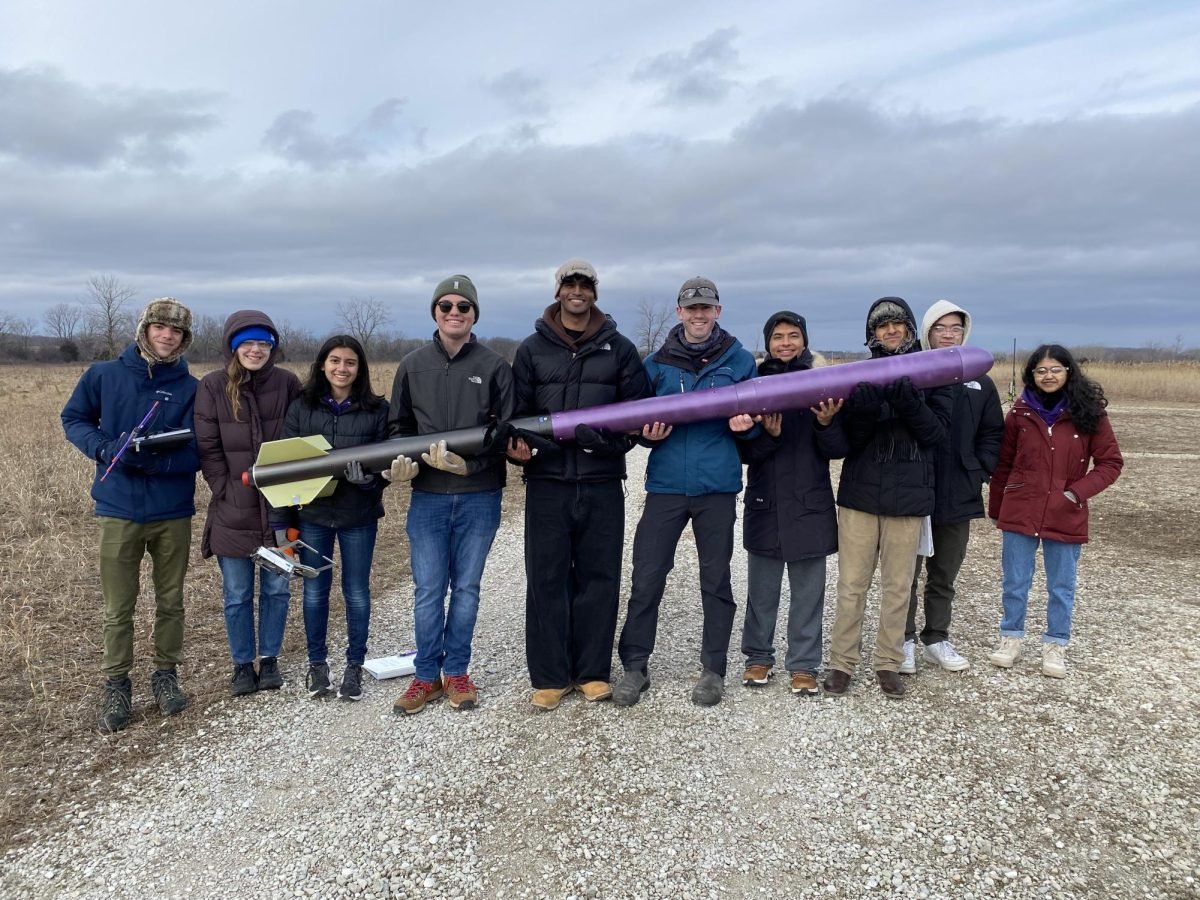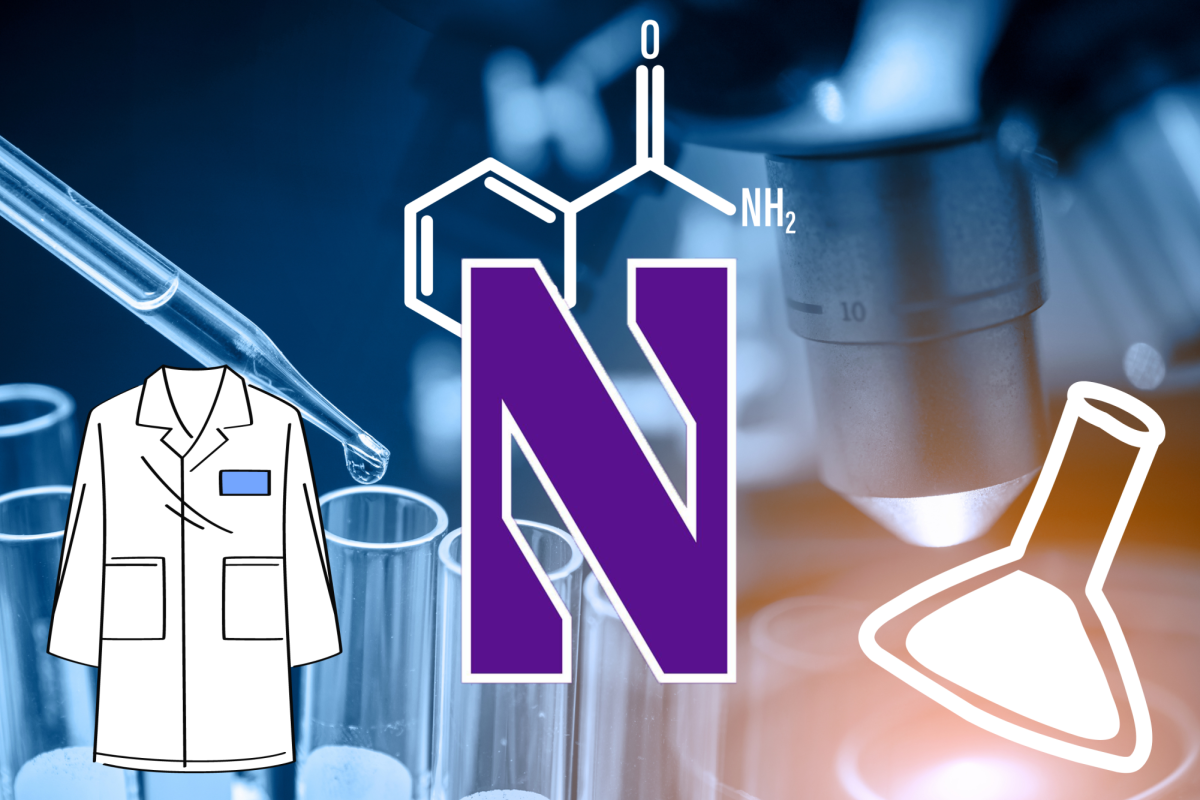In the first large-scale longitudinal study of obsessive-compulsive tendencies in new mothers, Northwestern Medicine has found postpartum women to show a higher rate of obsessive-compulsive tendencies than the general population, according to a University news release published Tuesday.
According to the release, the study found 11 percent of women at two weeks and six months postpartum to express obsessive-compulsive symptoms, while only 2 to 3 percent of the general population expressed those tendencies.
Researchers said in the release the symptoms often include worrying about germs and concern over injuring the baby. They are likely to be temporary, but if they impede daily functioning, a psychological disorder may be at hand, they said.
“It may be that certain kinds of obsessions and compulsions are adaptive and appropriate for a new parent, for example those about cleanliness and hygiene,” said study senior author Dr. Dana Gossett, chief and assistant professor of obstetrics and gynecology at Feinberg and a physician at Northwestern Memorial Hospital, in the release. “But when it interferes with normal day-to-day functioning and appropriate care for the baby and parent, it becomes maladaptive and pathologic.”
The women in study were recruited during hospitalizations for their deliveries at Northwestern Memorial Hospital. They were screened for anxiety, depression and obsessive-compulsive disorder two weeks and and again six months after going home, the release said. About 50 percent reported an improvement in their symptoms at six months postpartum, but some also developed new symptoms by this point that they had not experienced beforehand, according to the release.
“If those symptoms are developing much later after delivery, they are less likely to be hormonal or adaptive,” Gossett said in the release.
The release also said about 70 percent of the women who screened positive for obsessive-compulsive symptoms also displayed depressive symptoms. This finding in combination with the distinct compulsions shown in the post-partum period may indicate the existence of a unique mental illness for new mothers that is not currently well defined, said Dr. Emily Miller, lead study author and a clinical fellow in maternal fetal medicine at Feinberg, in the release.
The researchers’ findings will be published in the March/April issue of The Journal of Reproductive Medicine.
— Jillian Sandler



